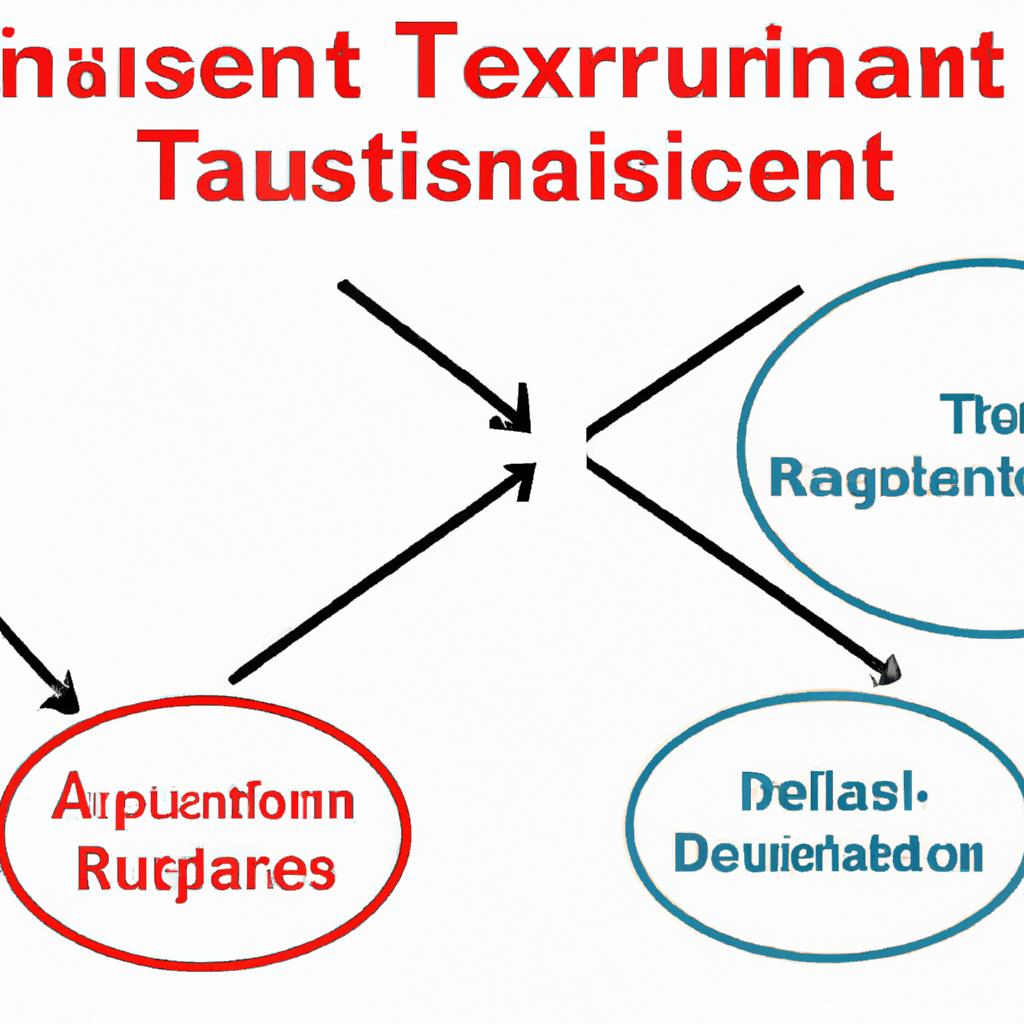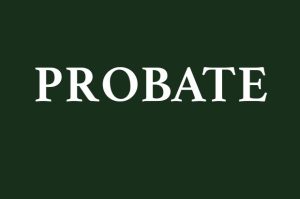As experienced legal professionals at Morgan Legal Group in the heart of New York City, we often field questions surrounding the intricacies of trusts and their implications for beneficiaries. One common query that arises is whether beneficiaries are required to pay taxes on trust distributions. In this article, we delve into the complexities of this issue to provide clarity and guidance for those navigating the world of estate planning and trust administration.
Understanding the Tax Implications of Trust Distributions for Beneficiaries
Trust distributions can have various tax implications for beneficiaries, depending on the type of trust and the nature of the distribution. Generally, beneficiaries do not pay taxes on trust distributions that come from the trust’s principal, also known as the corpus. This is because the trust has already paid taxes on this income before distributing it to beneficiaries. On the other hand, trust distributions that come from the trust’s income, such as interest, dividends, or rental income, may be subject to taxation for beneficiaries, depending on the trust’s structure.
It is important for beneficiaries to understand the tax implications of trust distributions to appropriately plan for their tax obligations. Consulting with a legal or tax professional can help beneficiaries navigate the complexities of trust taxation and ensure compliance with IRS regulations. Additionally, establishing a clear communication channel with the trust administrator can help beneficiaries stay informed about the trust’s financial activities and distributions.

Examining the Different Types of Trusts and Their Tax Consequences
When it comes to trust distributions, one common question that arises is whether beneficiaries are required to pay taxes on these distributions. The answer to this question depends on the type of trust in question and the nature of the distributions. Here, we will explore the tax consequences of different types of trusts and shed some light on whether beneficiaries are liable for taxes on trust distributions.
**Revocable Living Trusts**.1
Revocable living trusts are a popular estate planning tool that allows individuals to maintain control over their assets during their lifetime. For tax purposes, revocable trusts are treated as pass-through entities, which means that any income generated by the trust is taxed at the beneficiary’s individual tax rate. This means that beneficiaries of revocable living trusts are generally responsible for paying taxes on trust distributions.
| Type of Trust | Tax Consequences |
|---|---|
| Irrevocable Trusts | Income generated by the trust is taxed at the trust level before distributions are made to beneficiaries. |
| Charitable Trusts | Beneficiaries may be eligible for tax deductions on distributions from charitable trusts. |

Strategizing for Minimizing Tax Liabilities on Trust Distributions
When it comes to trust distributions, the tax implications can vary depending on the type of trust and the beneficiaries involved. In general, beneficiaries do not pay taxes on the principal of the trust, but they may be required to pay taxes on any income generated by the trust. To minimize tax liabilities on trust distributions, it is important to strategize and plan accordingly. Here are some key strategies to consider:
- Allocate distributions efficiently: By carefully planning the timing and amount of distributions, you can help minimize the tax burden on beneficiaries. Consider distributing income to beneficiaries in lower tax brackets to reduce overall tax liabilities.
- Utilize tax-efficient investment strategies: Invest trust assets in tax-efficient vehicles, such as municipal bonds or index funds, to reduce the tax impact on distributions. By strategically managing investments, you can help maximize tax savings for beneficiaries.

Consulting with a Trust and Estates Attorney for Personalized Tax Planning Solutions
When it comes to trust distributions, many beneficiaries often wonder about the tax implications. It’s essential to consult with a trust and estates attorney to understand the personalized tax planning solutions available to you. In general, beneficiaries may be subject to different tax rules depending on the type of trust and the distribution received.
Some key considerations for beneficiaries include whether the distribution is classified as taxable income, the type of trust involved, any deductions or exclusions available, and potential tax consequences. Consulting with a trust and estates attorney can help you navigate these complex tax issues and ensure that you are making informed decisions regarding your trust distributions.
Q&A
Q: Do beneficiaries pay taxes on trust distributions?
A: The tax implications of trust distributions can vary depending on several factors.
Q: What determines whether beneficiaries have to pay taxes on trust distributions?
A: It depends on whether the trust is classified as a revocable or irrevocable trust, as well as the type of income generated by the trust.
Q: Are beneficiaries required to report trust distributions on their tax returns?
A: Yes, beneficiaries are typically required to report trust distributions as income on their tax returns.
Q: Are there any circumstances in which beneficiaries may not have to pay taxes on trust distributions?
A: In some cases, beneficiaries may not have to pay taxes on trust distributions if the distributions are considered a return of principal rather than income.
Q: How can beneficiaries minimize their tax liability on trust distributions?
A: Beneficiaries may be able to minimize their tax liability on trust distributions by working with a tax professional to take advantage of any available deductions or credits.
Q: Should beneficiaries consult with a tax advisor regarding trust distributions?
A: It is highly recommended that beneficiaries consult with a tax advisor to ensure they are correctly reporting trust distributions and minimizing their tax liability.
Final Thoughts
In conclusion, the taxation of trust distributions can vary depending on various factors such as the type of trust and the nature of the distributions. It is important for beneficiaries to consult with a tax professional to understand their tax obligations and ensure compliance with the law. By staying informed and seeking professional advice, beneficiaries can navigate the complex world of trust taxation with confidence and peace of mind. Remember, knowledge is key when it comes to managing your finances and maximizing your benefits as a beneficiary.






